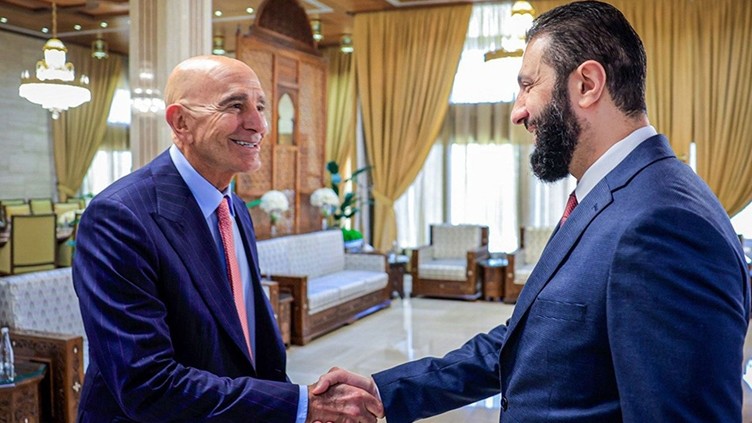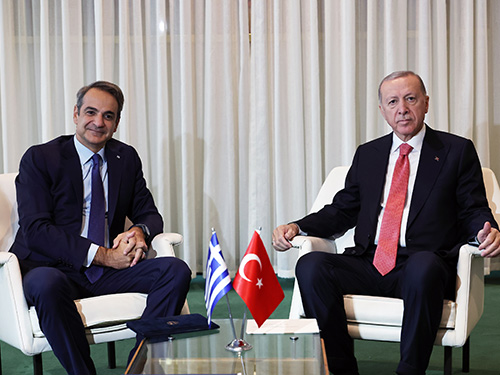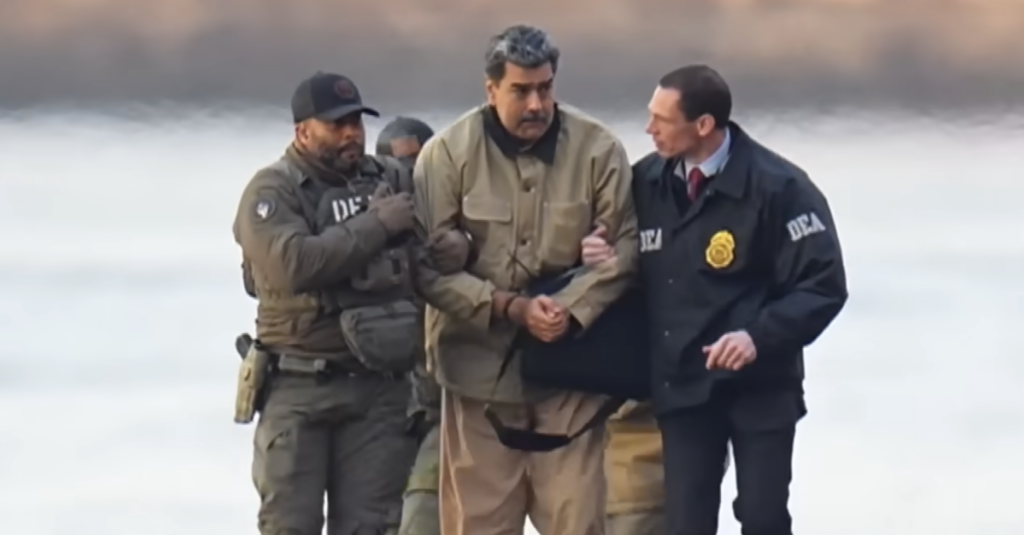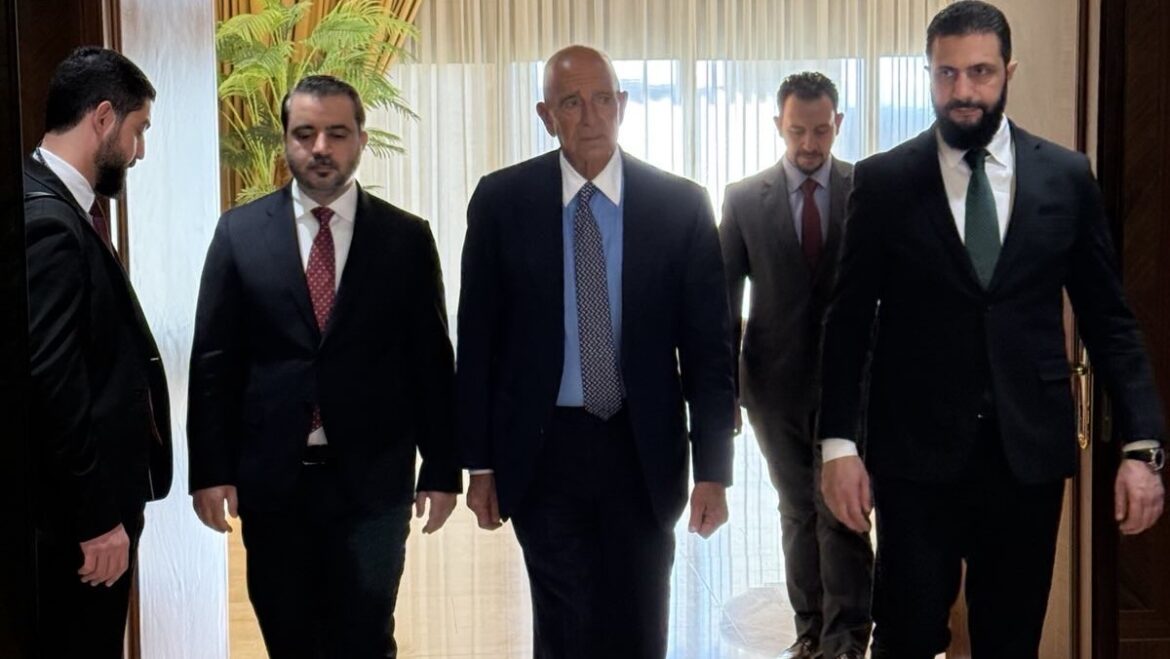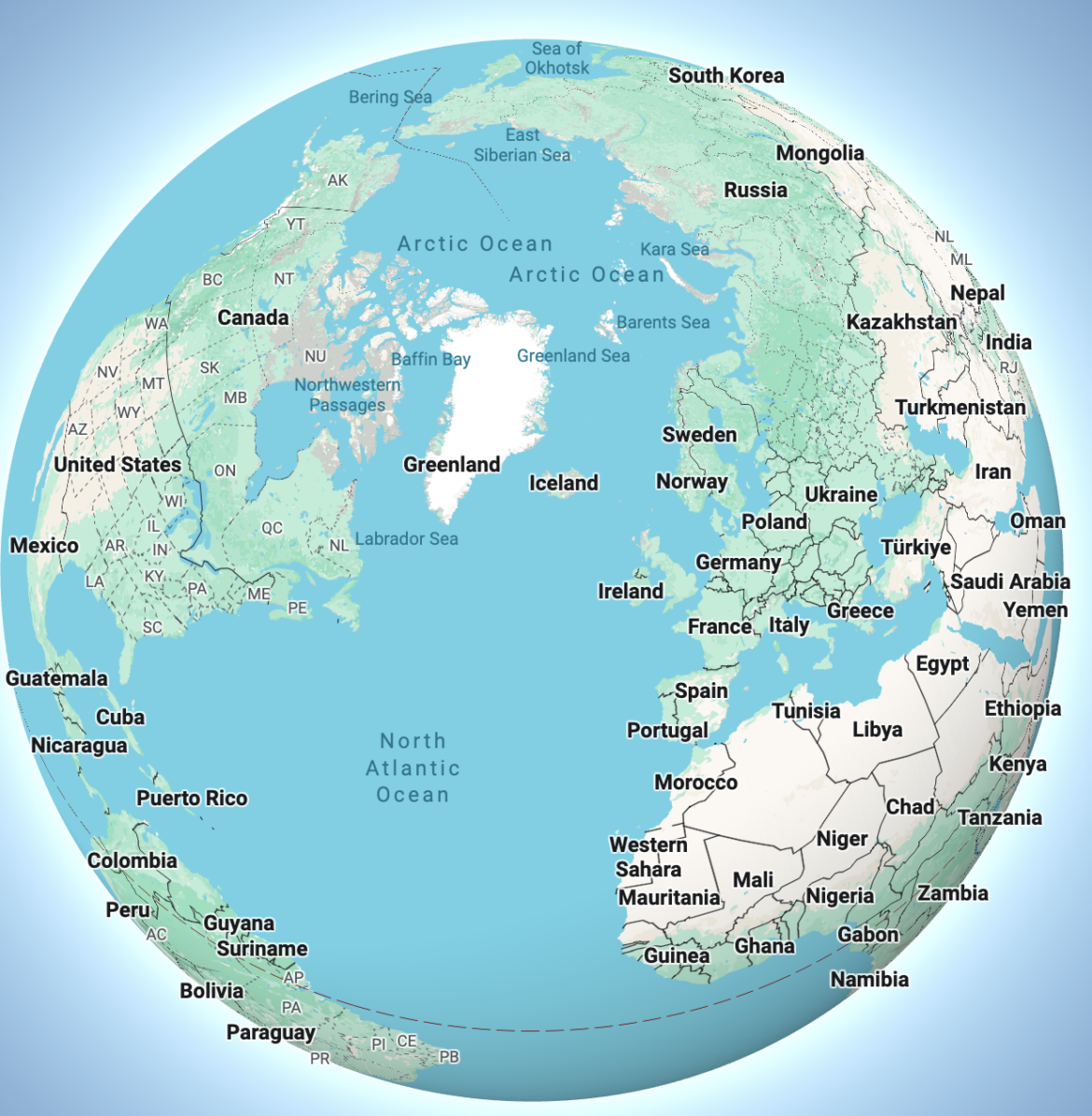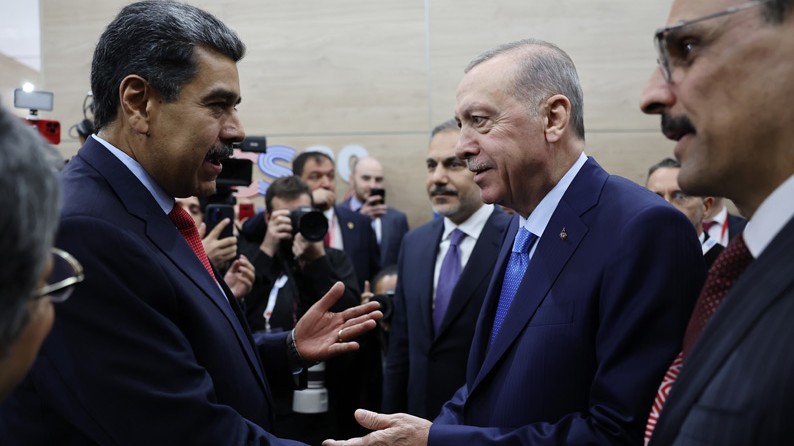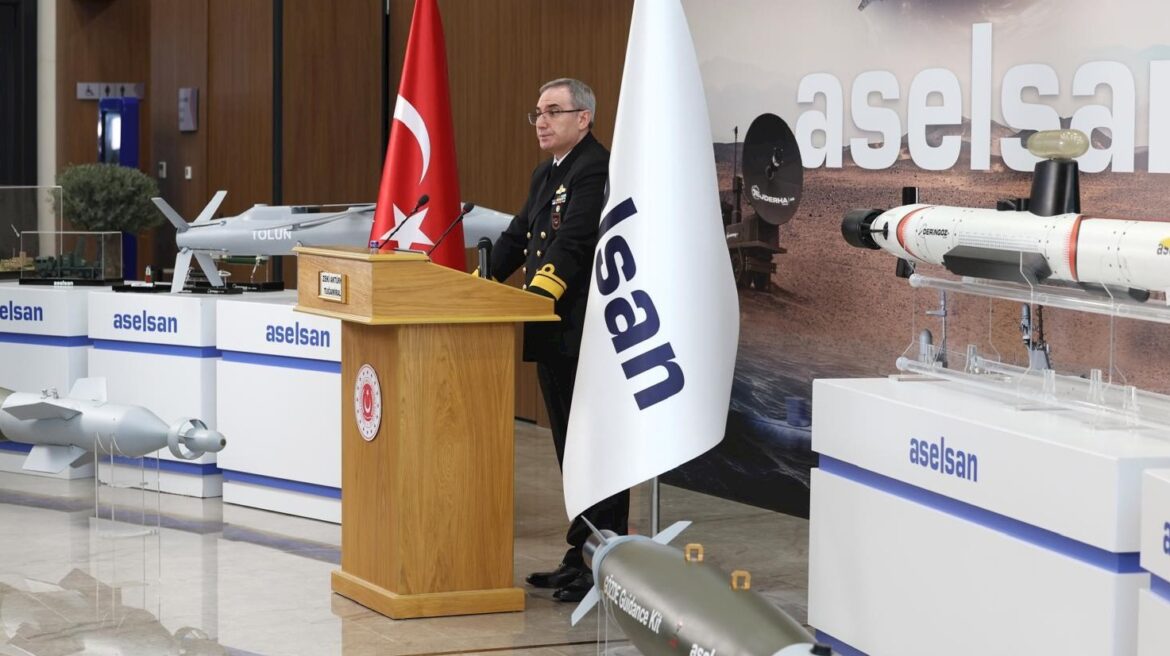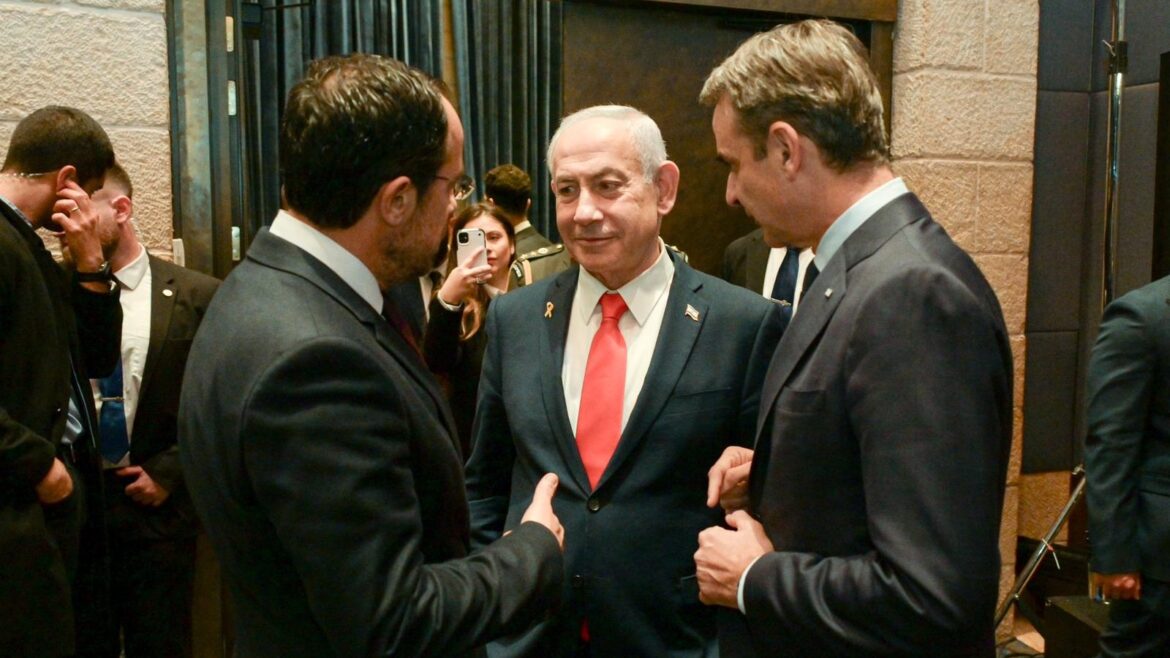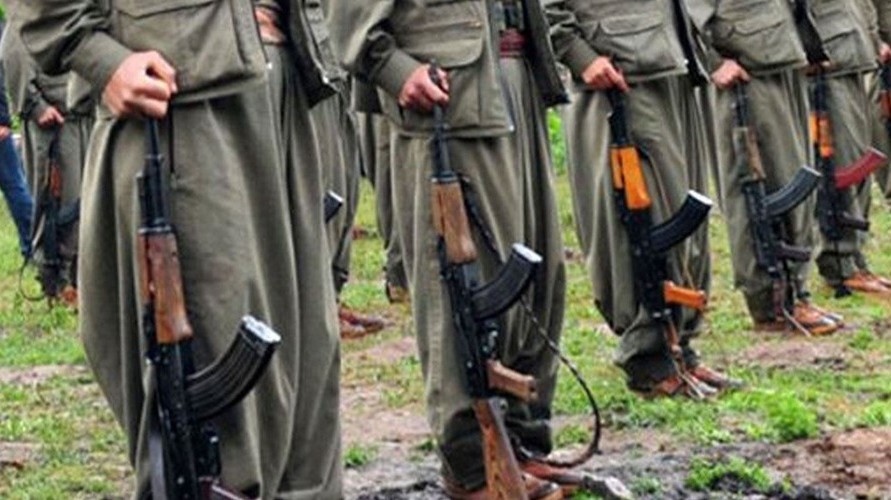The most perilous moments are not when harsh words are exchanged, but when silence lingers. In international politics, vacuums do not remain empty. They are filled by the other side’s confidence, incremental moves, and faits accomplis that, over time, harden into a new reality. This is precisely the threshold the Aegean now stands upon. As
Kutluhan Bozkurt & Gönenç Hacaloğlu (Gedik University, İstanbul, Faculty of Law) The second law of thermodynamics is often summarized as the idea that systems tend to fall into disorder over time unless energy is constantly applied to maintain them. In this context, entropy is important because it provides a measure of disorder within a system.
When you rotate the Google Earth application 90 degrees vertically instead of horizontally, the map above appears, clearly revealing why U.S. President Donald Trump set his sights on Greenland the very day after his military intervention in Venezuela. The area that looks like a sea in the center is the Arctic Ocean. It is covered
The reactions—both spoken and unspoken—of President Recep Tayyip Erdoğan and Türkiye’s ruling Justice and Development Party (AKP) following U.S. President Donald Trump’s abduction of Venezuelan President Nicolás Maduro reveal more than diplomatic caution. They point to deep unease in Ankara’s relations with Washington. Trump’s recent posture—issuing implicit threats to countries from Iran to Cuba, Colombia
Ankara did not take seriously—did not even consider a threat—the attempt by Israel, Greece, and Southern Cyprus to form an alliance against Türkiye. On December 24, President Tayyip Erdoğan described the statements made by the three leaders in Jerusalem on December 22 as “tin clatter” and a “provocation” that Türkiye would not fall for. The
On December 22, the very day Ankara virtually launched an SDF-focused diplomatic offensive toward Damascus, Israel formed an anti-Türkiye alliance together with the governments of Greece and Southern Cyprus. As Foreign Minister Hakan Fidan, Minister of National Defense Yaşar Güler, and National Intelligence Organization (MİT) Director İbrahim Kalın were meeting in Damascus with President Ahmed
Minister of National Defense Yaşar Güler announced that Türkiye has been providing Tehran with daily intelligence on the PKK and its Iranian affiliate PJAK, which—contrary to their promise to disarm and come to Ankara in anticipation of a regime change in Iran during the Israel–Iran war in June 2025—transferred armed forces from Iraq instead. Speaking

